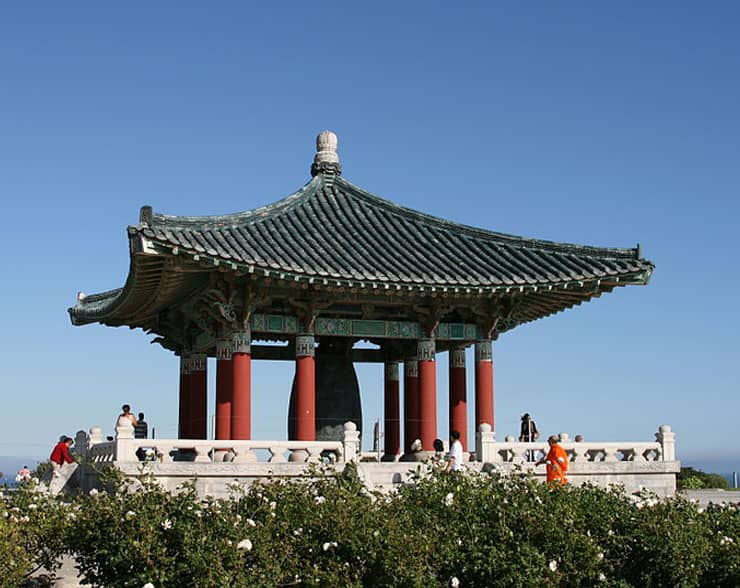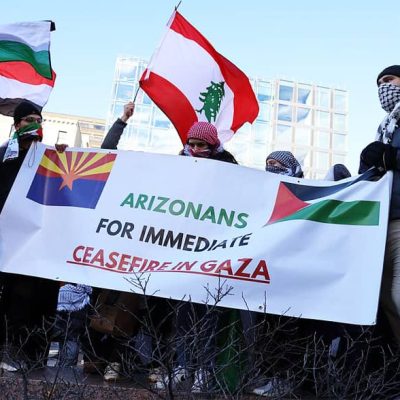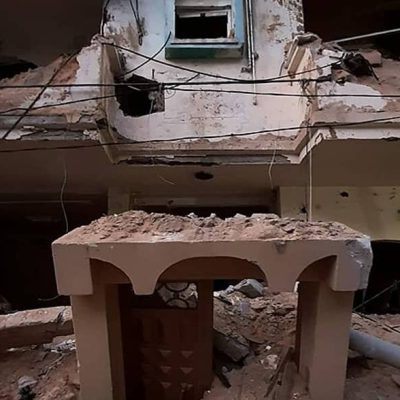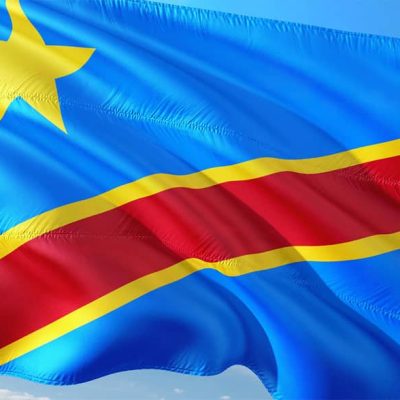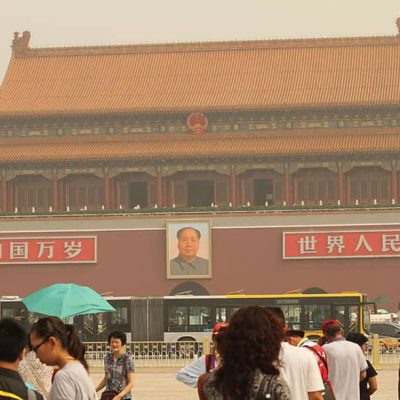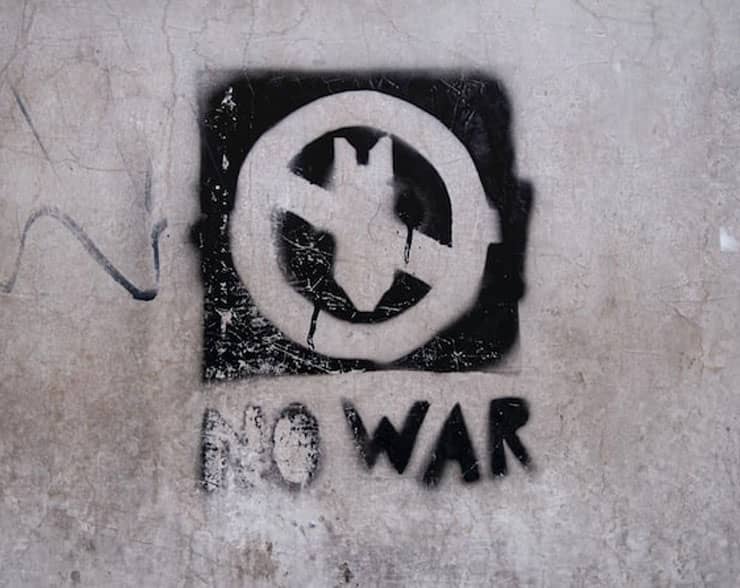 Appeals
Appeals
Dark Clouds and Little Light at the Nuclear-Weapon Non-Proliferation…
Featured Image Photo by Egor Myznik. Unsplash.
After late night negotiations; the every-five-year Review of the Treaty on the Non-Proliferation of Nuclear Weapons; (The NPT Review) failed to reach a consensus on a final statement this past Friday. The terms of the Review require a consensus and not a majority-minority vote. This is not the first time that a NPT Review has failed to reach a consensus on a final documen; but the failure is an indication of strong tensions among nuclear-weapon states – in particular over the Russian Federation armed conflict in Ukraine.
151 States participated in the Review held at the United Nations in New York; however the Review is not a U.N. conference, thus the consensus rules of procedure. There were 160 non-governmental organizations (NGOs) accredited to participate in the Review. I had chaired the NGO representatives at the first Review in 1975 held in Geneva, and also chaired the NGOs at the 1980 Review. We were fewer then. However getting consensus among NGOs is nearly as difficult as among States. The impact of NGOs depends to a large part on preparation before the Review and follows up after.
The Treaty was negotiated in Geneva during a 10-year period with frequent consultations between the negotiators and the Foreign Ministries. Many negotiators of non-nuclear-weapon States considered the treaty as uneven or unfair, giving a superior position to the five official nuclear-weapon States: China, France, Russia, the U.K. and the U.S.A. In “compensation” there is a crucial Article VI in which the nuclear-weapon States agree:
“to pursue negotiations in good faith on effective measures relating to the cessation of the nuclear arms race at an early date and to nuclear disarmament.”
NGOs have cited Article VI at each Review deploring the lack of progress toward nuclear disarmament or any other type of disarmament.
Dark clouds hung over this Review with the statements of the Russian authorities on 24 February and again on 27 April threatening that nuclear weapons might be used if its forces in Ukraine were menaced. As a reply, the States party to the 2017 Treaty on the Prohibition of Nuclear Weapons issued a 23 June consensus statement stating that:
“any use or threat of use of nuclear weapons is a violation of international law, including the Charter of the United Nations” and condemned “unequivocally any and all nuclear threats, whether they be explicit or implicit and irrespective of the circumstances.”
It is certain that the shadows of nuclear weapons exist in the thinking of some governments. The State of Palestine participated in the Review but not the State of Israel. The Republic of Korea was there but not North Korea. There is a need to deal both with regional tensions such as those of the Middle East or the two Koreas as well as the nuclear-weapon stockpile of the U.S.A. and the Russian Federation. There are some possibilities of “Track II” – informal diplomacy – concerning the Middle East and the Koreas. However there is less concerning U.S. and Russian nuclear policy where NGOs have made proposals for as long as I can remember but with little visible impact. Yet the challenge is there. The coming together of such a large number of NGO representatives may help build a platform for NGO consensus and action.
Korean Peace Memorial By John Murphy, CC BY-SA 2.0 <https://creativecommons.org/licenses/by-sa/2.0>, via Wikimedia Commons.
Korean Peace Treaty Awaits: NGO Efforts Needed.
Rene Wadlow, President, Association of World Citizens.

President, Association of World Citizens (AWC).
Estudied International relations in The University of Chicago.
Estudied Special Program in European Civilization en Princeton University
Here are other publications that may be of interest to you.
Burma’s Crumbling Junta
February first marked the anniversary of the military coup which overthrew the government of Aung San Suu Kyi in 2021. She was in practice the leader of the government but…
Preventing the Expansion of the Gaza Conflict: Are Peace Brigades a Possibility?
Antony Blinken, the U.S. Secretary of State, has been again in the Middle East working to prevent the violence of the Gaza Strip of spreading to much of the area. …
World Citizens Call for an Inmediate End to Hostilities between Israel and Hamas, and for a Genuine Peacebuilding Effort in the Middle East.
Featured image: The impact of the Israeli bombing on a civilian building in Gaza (2021). By Osama Eid, CC BY-SA 3.0 https://creativecommons.org/licenses/by-sa/3.0, via Wikimedia Commons. The AWC, a Nongovernmental Organization…
World Humanitarian Day: A Need for Common Actions.
Featured Image: Photo by Wylly Suhendra on Unsplash. The United Nations General Assembly has designated 19 August as “World Humanitarian Day” to pay tribute to aid workers in humanitarian service…
Peace Planners: Awake!.
Featured Image: Photo by Eddie Kopp, Unsplash. The recent NATO Summit in Vilnius is an indication that the war planning community is busy at work in the spirit of Von…
Track Two Efforts Needed to Reduce China-India Frontier Tensions.
Featured Image: Arunachal Pradesh – India. Photo by Unexplored Northeast, Unsplash. There has been a constant buildup of military forces by the governments of both India and China along their common frontiers. …
Democratic Republic of Congo: Sky Getting Darker.
Photo by jorono, Pixabay. The armed conflict in the eastern area of the Democratic Republic of Congo (RDC) on the frontier with Rwanda seems to be growing worse and is…
World Refugee Day.
June 20 is the United Nations (UN)-designated World Refugee Day; marking the signing in 1951 of the Convention on Refugees. The condition of refugees and migrants has become a “hot”…
4 June: Memories of Tiananmen Square.
4 June makes the security forces in China somewhat uneasy, especially in Hong Kong where, in the past, there were large memorial meetings tp remind people of 4 June 1989…
International Day of the Oceans.
Featured Image: Photo by Marek Okon, Unsplash. Progress on Asian Maritime Delimitations Needed. 8 June has been designated by the United Nations General Assembly as the International Day of the Oceans to…
